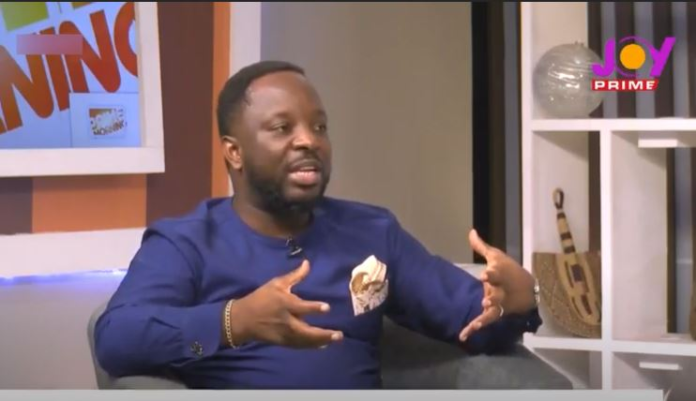Lead Pastor and General Overseer of the Prophetic Prayer Palace International, has said he would have quit serving God if Archbishop Charles Agyinasare had accepted the invitation to visit the Nogokpo traditional shrine in the Volta region.
The controversy started in May when Archbishop Charles Agyinasare referred to Nogokpo as the “demonic headquarters” of the Volta Region during a sermon.
His words, which were part of a church program, instantly drew a strong reaction from the council of elders at Nogokpo.
In a recent interview with Black Rasta, Prophet Emmanuel Adjei expressed his belief that the reaction from the people at Nogokpo was excessive and characterized by extremism.
“The man [referring to Agyinasare] is a statesman. He came out and made a statement. He’s been in ministry for years. He has a track record. He is not a man that creates controversies,” said Pastor Emmanuel Adjei, who was in Canada at the time of the incident.
He further added that he respects every religion but believes that no harm can come to individuals who have placed their bodies and souls in the hands of God.
Prophet Emmanuel Adjei stated that he has not disrespected the practicing of other religions and emphasized that they went to extreme measures in their reaction.
During the interview, Prophet Adjei revealed that he would have been deeply disappointed and even contemplated quitting his faith if Archbishop Agyinasare had actually visited Nogokpo.
“Hey, I said if the Archbishop had gone to Nogokpo, I would have stopped worshipping God. Because I will feel so ashamed and disappointed because we see him as a father, we see him as a mentor and a leader. Now you leave our territory and go there, I’ll feel very disappointed,” he explained.
Prophet Adjei said no harm can come to those who have put their trust in God, regardless of their location or spiritual practices.
He suggests that the incident should be put to rest and not be stretched any further.
In light of the controversy, it is clear that emotions are running high and discussions on religious practices and beliefs continue to be a sensitive topic in Ghana.

